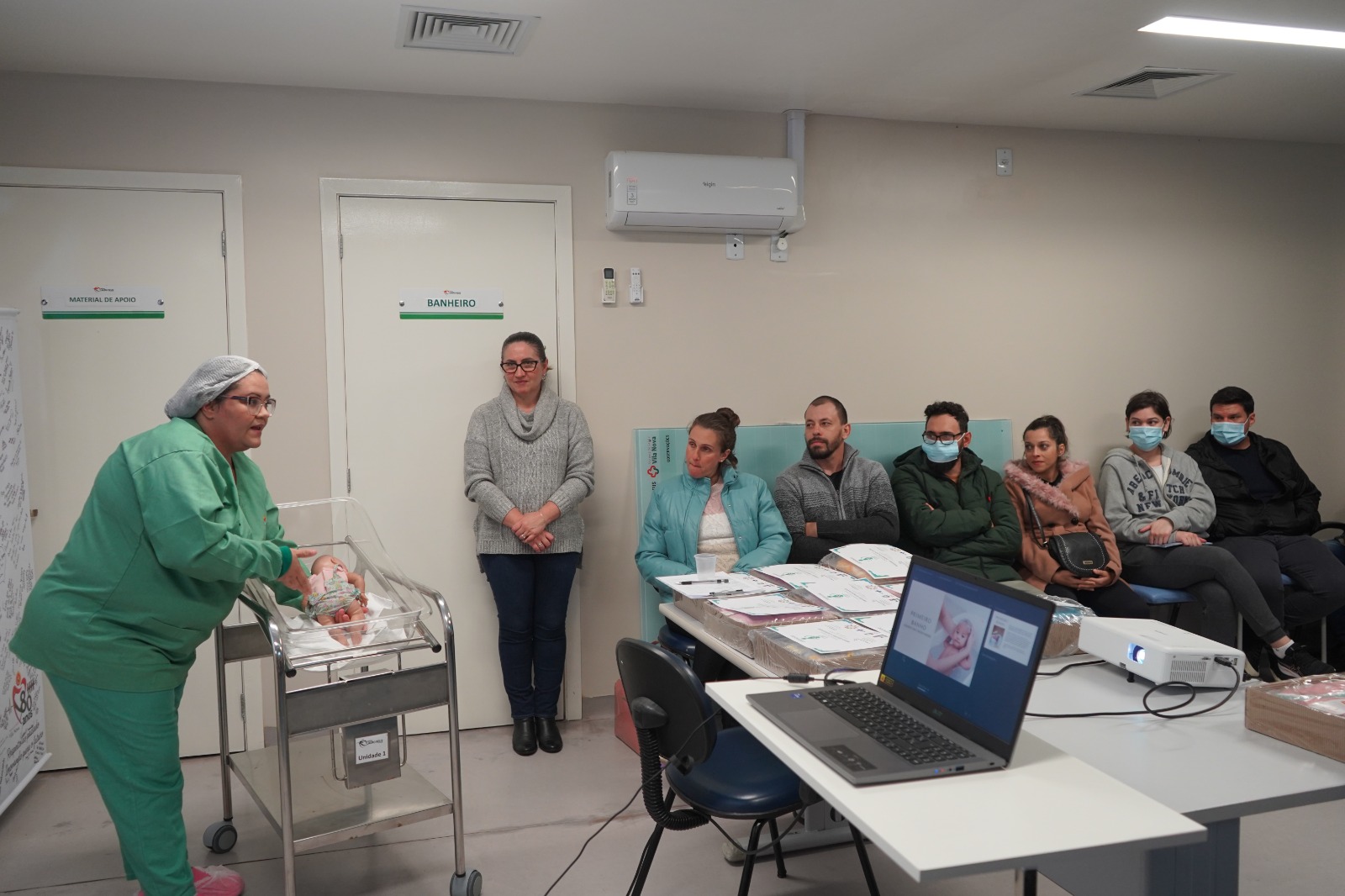BYD Electric Cars Versus Government Hurdles

The Irony of Technological Advancements and Government Bureaucracy
At the unveiling of BYD’s electric vehicles, Brazil’s chaotic registration process stands out as a relic of the past. While the country embraces electric vehicle production, event organization seems stuck in the stone age. It’s an odd contradiction that in a country regularly embarking on quests for the latest technologies, such a simple system for badge distribution can turn professionals into stampeding cattle. A true testament to Brazilian “efficiency”.
“Blessed Be the Common Folk”
The Brasilian police force’s selectivity in protecting its citizens is indeed admirable. For the average individual, protection dissipates within 24 hours of the politicians’ photo opportunities, while politicians themselves are shielded by a security apparatus worthy of an entirely different world. Meanwhile, the common people are left to face the chaos alone. Real protection, it seems, is a luxury reserved for the few, not a right for all. The freedom to criticize this lack is effectively stifled by the forceful “freedom” to repress.
Media’s Hierarchy of Suffering
The recent cease-fire between Israel and Hamas highlights the perverse logic that governs media coverage of the conflict, creating a hierarchy of suffering. As the return of 48 Israeli hostages is portrayed as a global emotional event, the Palestinian tragedy, with their tens of thousands dead and return to rubble, is minimized to a mere statistical backdrop.
Hierarchy of Suffering: Part II
Such media asymmetry is far from innocent. It normalizes the disproportionate devastation and obscures the real scale of humanitarian catastrophes. The assertion that “every life matters” rings hollow when the media, by representing sorrow so unequally, acts as an ideological arm that prioritizes the protection of geopolitical “rich uncles” at the expense of “poor cousins”, robbing the latter of their humanity right within their own tragedy. The real dishonor lies in not addressing this imbalance.
Profiting From the Suffering of Others
Media coverage of Brazilian slums has instituted a depraved hierarchy of grief. The bloodshed of the impoverished is commodified into a spectacle for ratings, all under the pretense of “crime journalism”. Tragedies are sensationalized and the real suffering of communities is belittled, serving as merely a backdrop for viewership.
Profiting From the Suffering of Others: Part II
This twisted narrative becomes apparent when the news focuses on the elite. The same media treat those in affluent neighborhoods with an air of reverence, displaying a sort of excellence and elegance befitting a royal welcome. The privacy and dignity of the wealthy are sacred, while life in the slums is depicted as an open drama for the public. The shame of so-called “journalism” lies in its normalization of this division of human worth, where the pain of some is paraded for spectacle while that of others is treated discretely.
The Art of Absence: Salvador City Council Officials
Despite dedicating a meager three days to discuss “people’s interests”, Mayor Bruno Reis’ supporters seem to have taken the message too literally: they decided not even to appear. In an impressive display of indifference, they turned the plenary into a theater of absences. The president, Carlos Muniz, not even present in the city, manages to register himself as present on the panel. Meanwhile, the very real Salvador – with its high rate of youth homicide, low per capita GDP, and visible social crisis – is left crying out for solutions. The essential legislative work to address these problems has been replaced by a deafening silence.
Selective Moral Resonance: A Study in Contrasting Ethics
While a US president faced impeachment over an extramarital affair and a Japanese Agriculture Minister resigned over a rice-price joke, Brazil cultivates a sophisticated ethical resilience. Scandals that could be fatal in other nations are seen as mere bumps in the road here. Where serious nations might protect their institutions with immediate resignation, our political ingenuity turns public office into a juridical bunker. With public office serving as a shield from the law, we see a global paradox unfolding: while other nations prioritize their institutions, Brazil prioritizes its politicians, often at the cost of the institutions themselves. In essence, ethics are negotiable and guilt merely a ceremonious detail.



